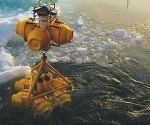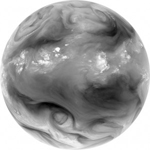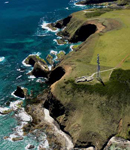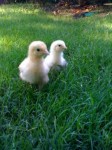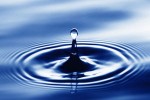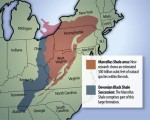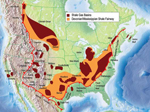Massive Drop in Antarctic Cold Dense Water that Drives Global Ocean Currents
By Steve Rintoul, CSIRO | Staff, SPX via Terra Daily. Australian and US scientists have found a 60% reduction in the amount of Antarctic Bottom Water off the coast of Antarctica since 1970. This is worrying because the sinking of dense water around Antarctica is part of a global pattern of ocean currents that strongly influences climate.
Continue reading →
